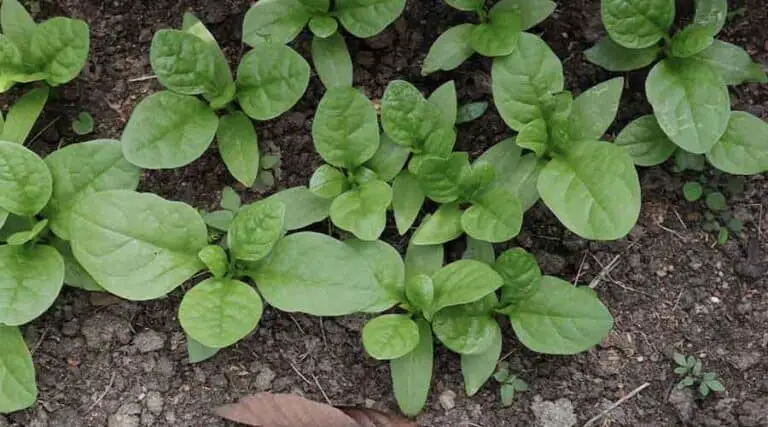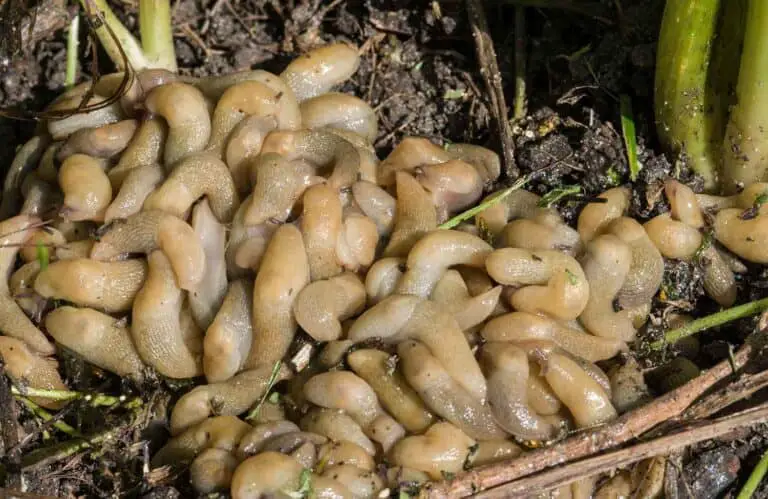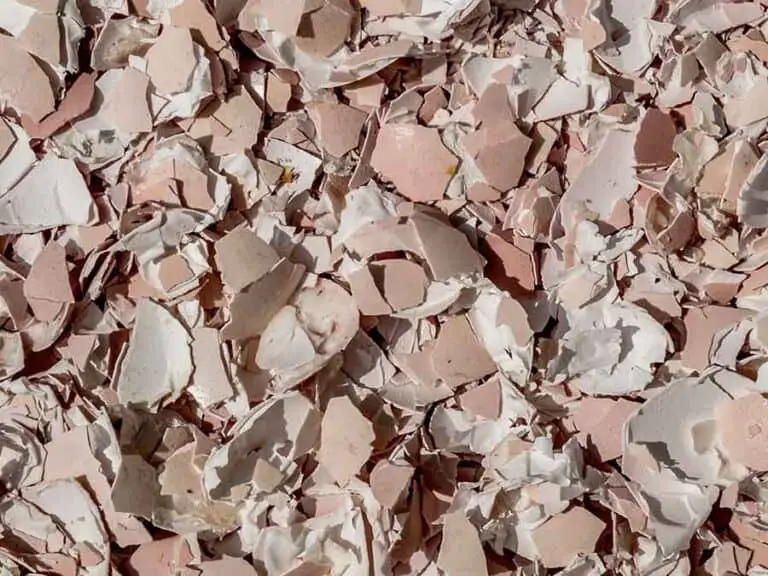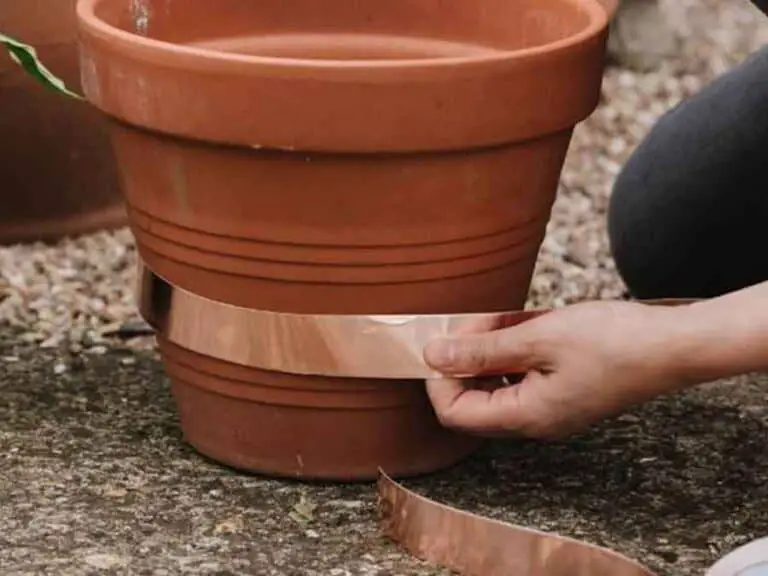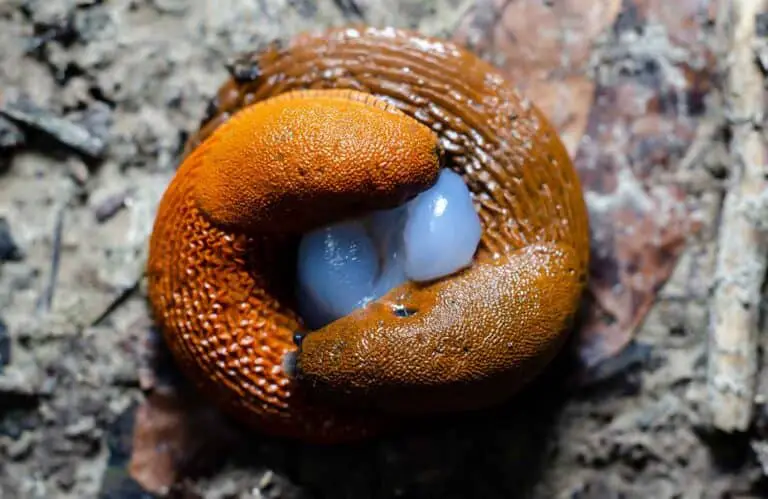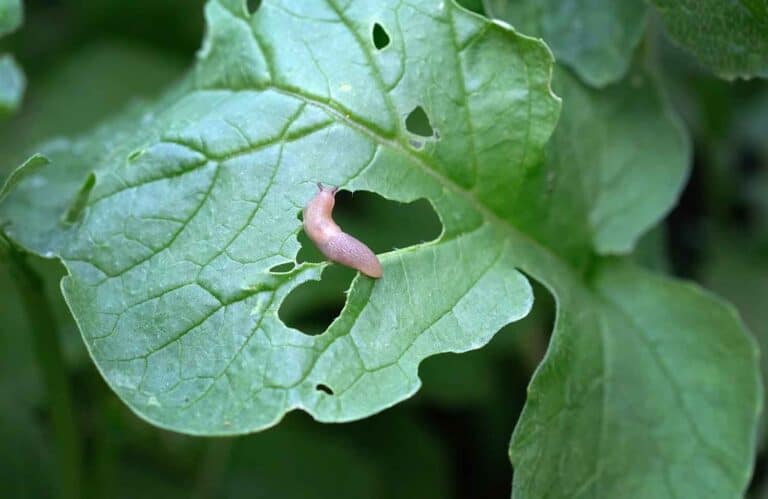Do Slugs Eat Worms?
Slugs are primarily herbivorous, meaning that they feed on plants. However, some slugs have been known to eat worms when other food sources are limited. Slugs can find dead or decaying worms and consume them for nutrition. In some cases, slugs have even been found feeding on living worms.
Worms may be an attractive food source for slugs because they are filled with nutrients, such as protein and calcium. Slugs may also consume worms if the environment is lacking in other food sources. While it is not a common practice, some slugs may eat worms when given the opportunity.
Are Worms on a Slugs Menu?
Slugs are gastropod mollusks, which means they are essentially shellless snails. Because of this, they are omnivorous and can eat both plants and animals. This includes segmented oligochaete annelids like earthworms, which slugs will happily devour.
Slugs and worms may coexist in the same environment, despite the fact that it may appear like an odd pairing of animals.
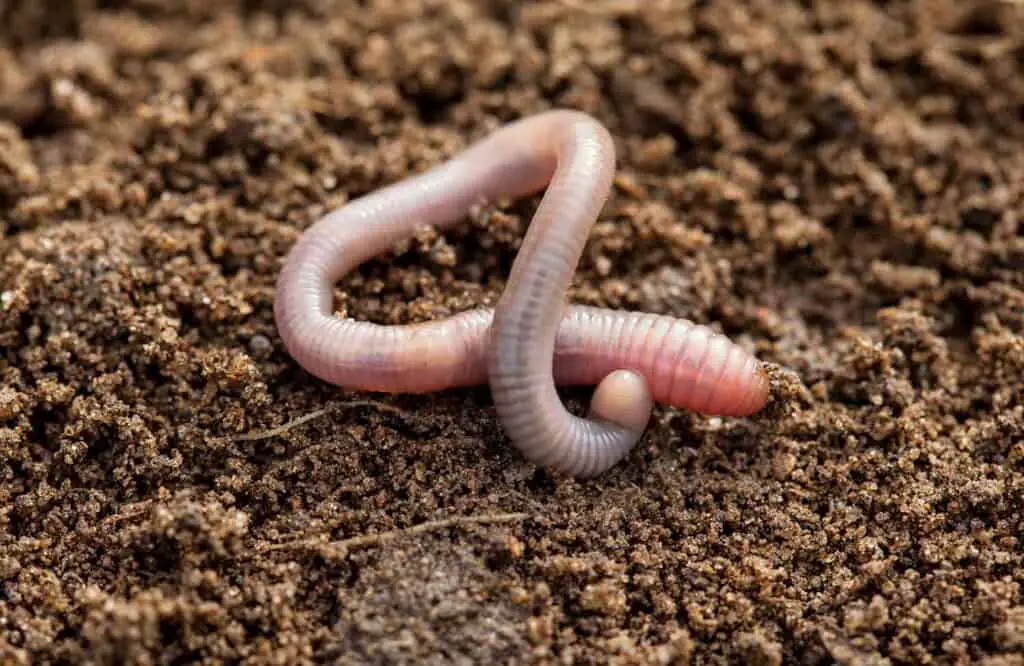
In fact, it has been demonstrated in the lab that the presence of earthworms can lower the amount of slug-damaged leaves by 60%, potentially enhancing plants’ natural defenses against these pests.
Slugs and Worms Are Able to Coexist
Slugs and worms can often coexist peacefully. They serve different roles in the environment, so even though it is possible for them to compete for food, it is not necessarily common.
Slugs and worms need not be enemies, as long as there is enough food for both. If a slug does choose to feed on a worm, it is usually opportunistic and the worms are usually already dead or dying.
In most cases, slugs and worms can peacefully coexist in the same environment without any conflict. In some cases, they may even help each other out! Worms tilling the soil can help create a better habitat for slugs, and slugs may even inadvertently help worms by loosening up the soil.
So, it is possible that some slugs may eat worms on occasion, but this does not mean that the two animals cannot coexist in harmony. Slugs and worms can happily share an environment if there is enough food and resources to go around.
Do Slugs Belong in My Worm Farm?
Your worms may not enjoy living with slugs, but they won’t necessarily be harmed either. In fact, several people have observed that when slugs are present in the worm bin, their worms tend to thrive.
The slugs might aerate the soil and increase the composting environment’s diversity.
There are a few things you can do to assist keep slugs away, though, if you’re worried about their presence in your worm bin.
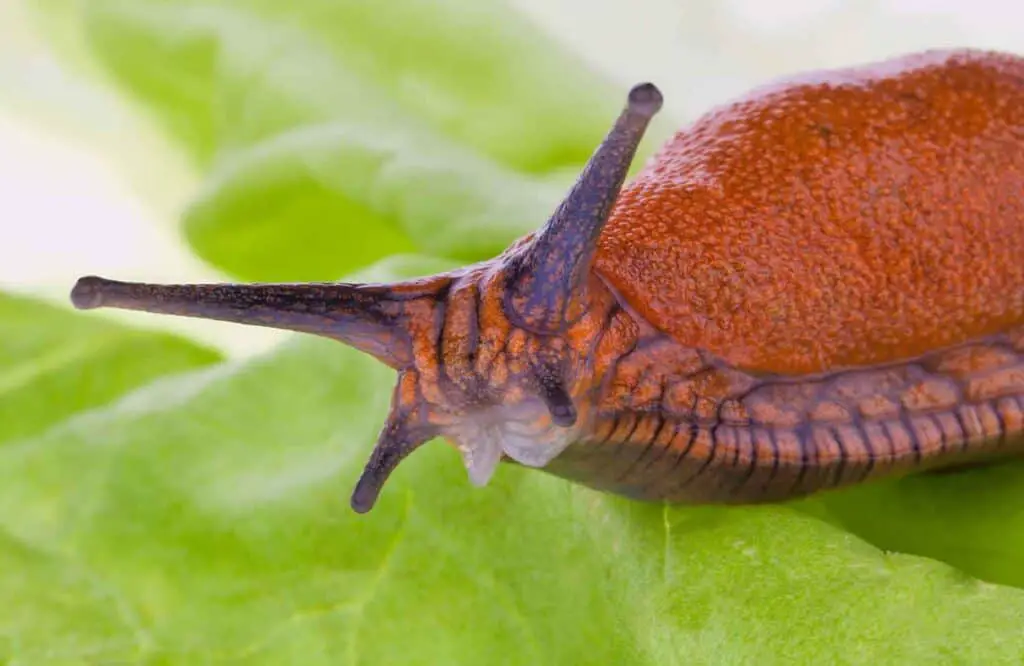
Salt and certain molluscicides like Sluggo can both repel slugs. Slugs can also be captured and trapped using beer traps. These techniques can be the best option if you want to keep your worms safe without using any harmful chemicals.
Slugs: Are They Pests or Not?
Slugs and snails play a crucial role in the environment by feeding a variety of creatures and contributing to the natural food chain. They can easily devour and damage a variety of plants, but if they are plentiful, they can become a nuisance.
They are nearly universally regarded as a pest and are ranked among the top 100 worst alien species in Europe in some circles. As a result, it’s critical to take action to control slugs before they cause a problem.
Can Slugs Hurt People?
Slugs might not be toxic to us, yet they can still spread diseases that are dangerous to us. For instance, the parasite known as Rat Lungworm is frequently discovered in slugs and snails.
By eating raw or undercooked mollusks or by coming into contact with slug trails on fruits and vegetables, humans might contract the parasite.
Despite being uncommon, rat lungworm can have a serious negative impact on a person’s neurological health. It’s critical to take the appropriate safety measures to shield your family and yourself from any potential threats posed by slugs.
What Steps Can You Take To Manage Slugs?
There are a few different methods for controlling slugs in your yard once you’ve recognized them.
The most well-liked choice is to utilize natural slug pellets, which draw slugs to them and then kill them when they consume them.
You may also use copper wire or tape around your plants or garden beds to stop slugs from devouring your plants by providing them with a mild electric shock as they crawl across them.
Slugs can also be killed by salt, but be careful not to use too much or your plants may suffer. You can also try growing plant species that slugs don’t like, like ones with strong scents or unpleasant tastes. Nematodes, which hunt for and kill the slugs underground, are a final option.
Are There Any Natural Predators of Slugs?
Slugs are one of the most common garden pests and can seriously harm crops and plants. They have a few natural predators that can help control their population, which is a blessing.
Nematodes, often known as eelworms, are one of the smallest and deadliest predators of slugs.
They are parasitic organisms that live naturally in our soils and feed on the eggs and larvae of slugs, gradually depleting the population.
Shrews, mice, squirrels, and other tiny mammals, as well as salamanders, frogs & toads, as well as less common farmed birds like ducks, geese, or chickens, are among the vertebrate predators of snails and slugs.
You can effectively manage a slug population in your garden by introducing these predators.

